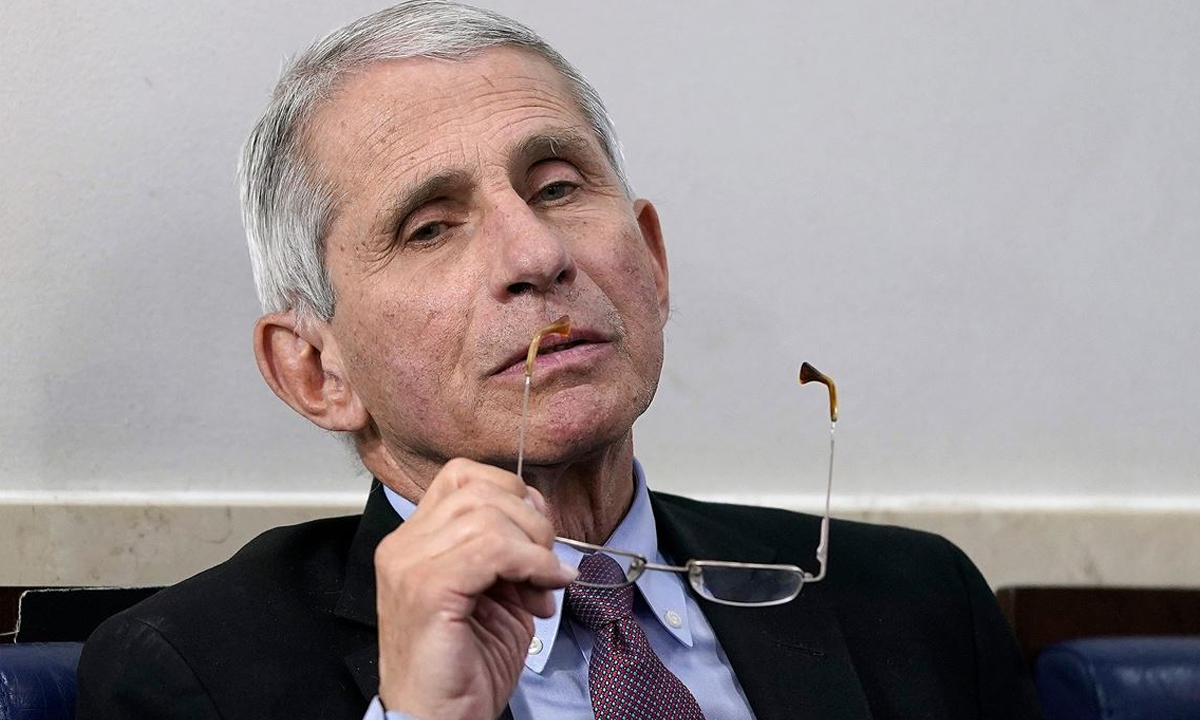Written by Will Seykora
Dr. Anthony Fauci defended his collaboration with Wuhan scientists on Tuesday stating that the National Institute of Allergy and Infectious Diseases (NIAID) did not send $600,000 to do “gain of function” research. This claim was made during a House Appropriations Committee subcommittee hearing for the National Institutes of Health (NIH) fiscal year 2022 budget request. Fauci was asked by Rep. Mark Pocan, a Democrat from Wisconsin, about a $600,000 grant that went to a group called EcoHealth Alliance, who then sent that money to the Wuhan Institute of Virology to study the risk of bat coronaviruses infecting humans.
“I would have almost been a dereliction of our duty if we didn’t study this, and the only way you can study these things is you’ve got to go where the action is,” Fauci claimed. “You don’t want to study bats in Fairfax County, Virginia, to find out what the animal-human interface is that might lead to a jumping of species,” He then went on to state “So we had a modest collaboration with very respectable Chinese scientists who were world experts on coronavirus, and we that through a sub-grant from a larger grant to EcoHealth.”
Thankfully, funding to EcoHealth has been frozen a spokesperson told Fox Business on Tuesday, and so far there is no hint as to when it will be unfrozen. In July of 2020 the NIH sent a letter to EcoHealth informing them that the funding would be frozen as the NIH “received reports that the Wuhan Institute of Virology… has been conducting research at its facilities in China that pose serious bio-safety concerns,”
Whether COVID-19 escaped from the lab in Wuhan or not remains to be seen. As the Biden administration has called for a closer look at what the origin of the virus might be. These calls have been mirrored by Robert Redfield, the former director of the Centers for Disease Control and Prevention as he claims the most likely way COVID-19 came into contact with humans was through a lab leak from the Wuhan lab.
Photo via Getty Images




